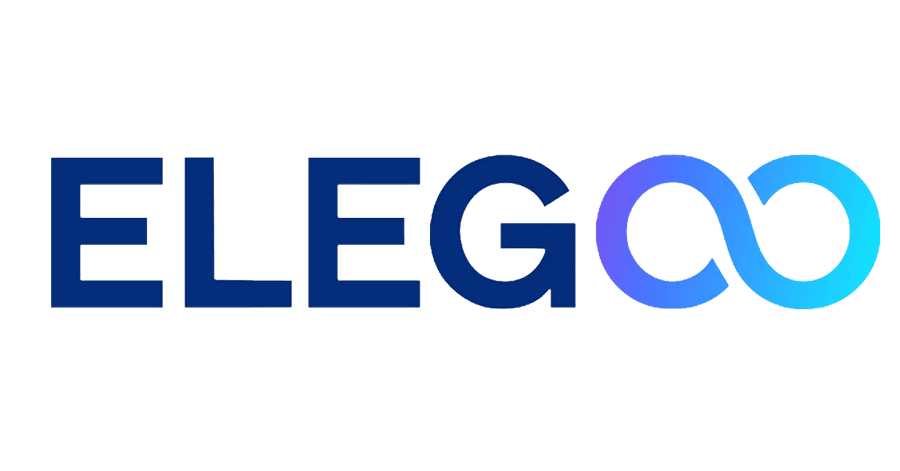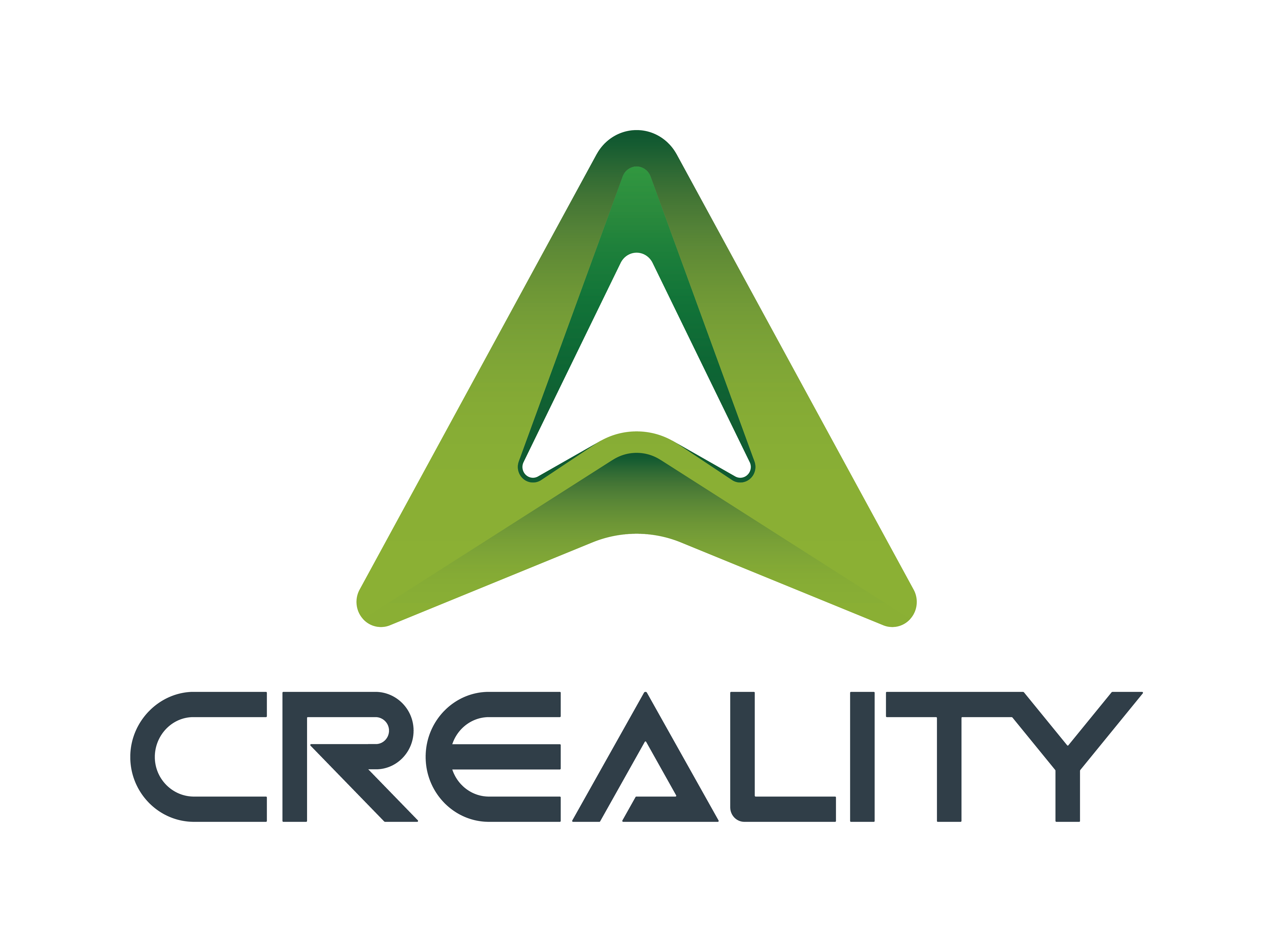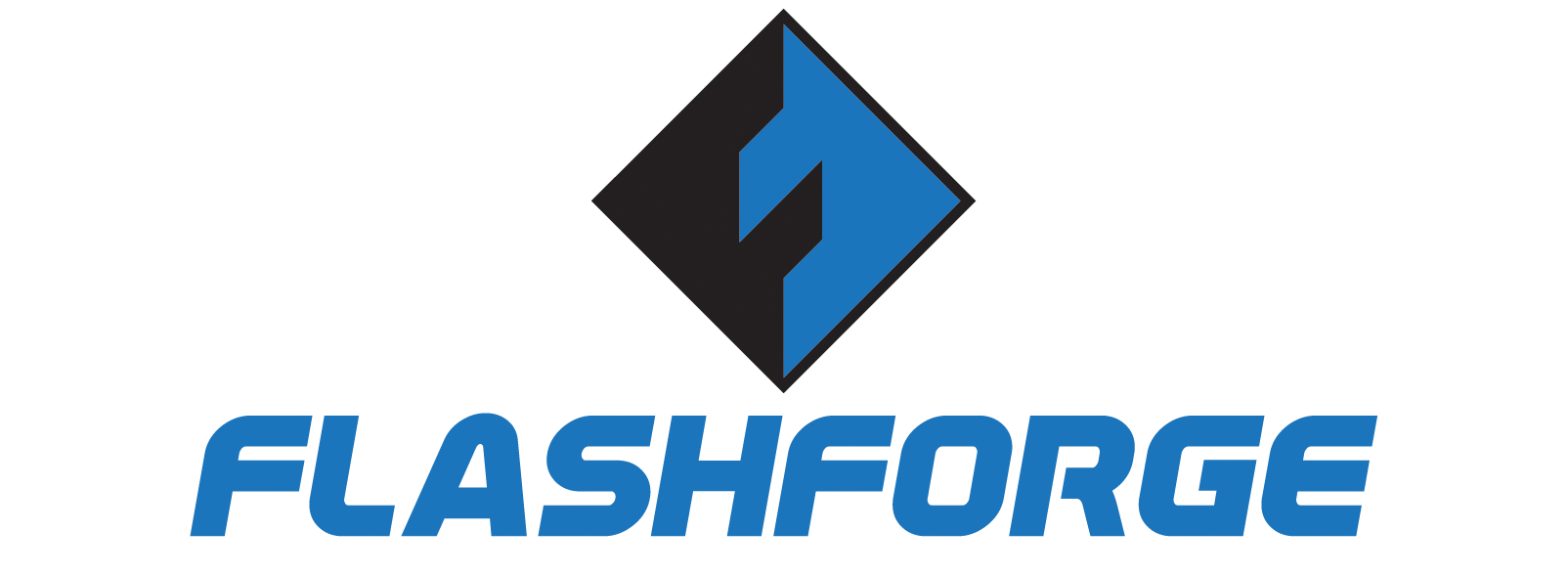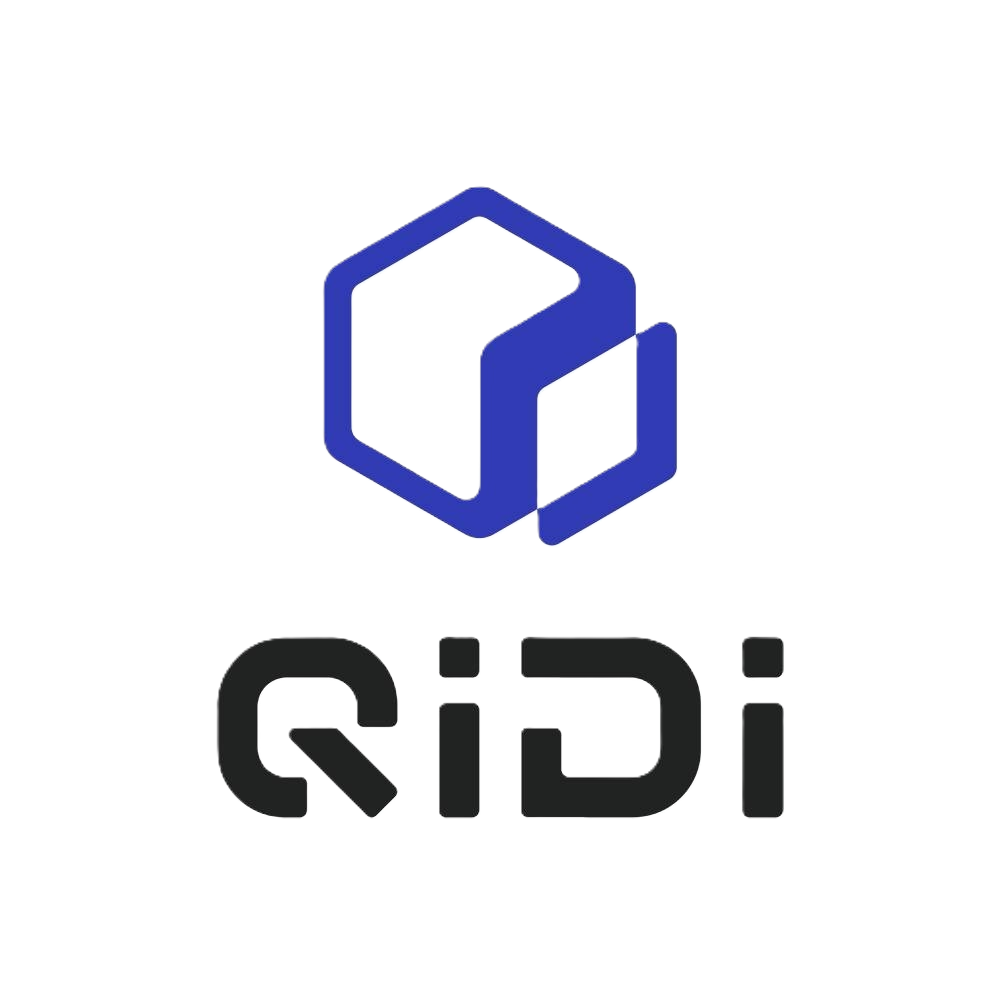
-
Exceptional print quality in both FDM and resin printers, especially at the price point
-
Extensive resin and filament compatibility across their product lines
-
Wide product variety from beginner-friendly Neptune series to high-end Saturn Ultra models
-
Aggressive pricing offering professional-level quality at accessible prices
-
Beginner-friendly setup with semi-assembled machines and detailed manuals
-
Rapid innovation cycle with regular releases of advanced features (16K resolution, auto-leveling, high-speed printing)
-
Good overall reliability but with occasional customer support inconsistencies
-
Large and active user community supporting troubleshooting, mods, and upgrades

-
Exceptional high-speed printing with minimal quality loss (up to 500mm/s+ standard speeds)
-
Advanced multi-material and multi-color support via AMS system
-
High-end features like LIDAR-assisted bed leveling and active vibration compensation
-
Fully enclosed, premium-grade build quality in flagship models
-
Seamless software integration with Bambu Studio and mobile app
-
Proprietary but flexible ecosystem with third-party filament compatibility
-
Effortless setup and calibration for beginner to advanced users
-
Strong future-proofing with frequent firmware updates and expanding ecosystem
Elegoo 3D Printers

Founded in 2015, Elegoo has quickly risen to become a major player in both the resin and FDM 3D printing markets. Initially best known for their affordable, high-quality MSLA resin printers (MSLA stands for Masked Stereolithography – a type of resin printing that uses an LCD screen to cure liquid resin layer by layer), such as the Mars series, Elegoo later expanded into FDM printing (Fused Deposition Modeling – printing with melted plastic filament) with the Neptune series. These machines are aimed at both beginners and experienced users.
Elegoo’s strategy of delivering powerful hardware at low prices, combined with strong community support, has made it a favorite among hobbyists, miniature painters, prototypers, and semi-professional makers. New releases like the Saturn 4 Ultra 16K and Neptune 4 Max demonstrate the brand’s ability to stay highly competitive in a fast-moving market.
Bambu Lab 3D Printers

Bambu Lab is a relatively young player in the consumer 3D printing market, having entered the scene with a bold focus on speed, automation, and user-friendly design. Founded by a team of former DJI engineers (the company known for drones), Bambu gained attention with its flagship X1 series, which introduced features like LIDAR calibration (laser-based scanning for precise bed leveling), multi-material printing, and deeply integrated hardware-software ecosystems.
Unlike brands rooted in open-source or DIY backgrounds, Bambu Lab aims to deliver a more “appliance-like” experience—fast, quiet, and seamless. Their printers are built for users who want professional-level results without constant tinkering, making them ideal for busy hobbyists, schools, designers, and light industrial use.







